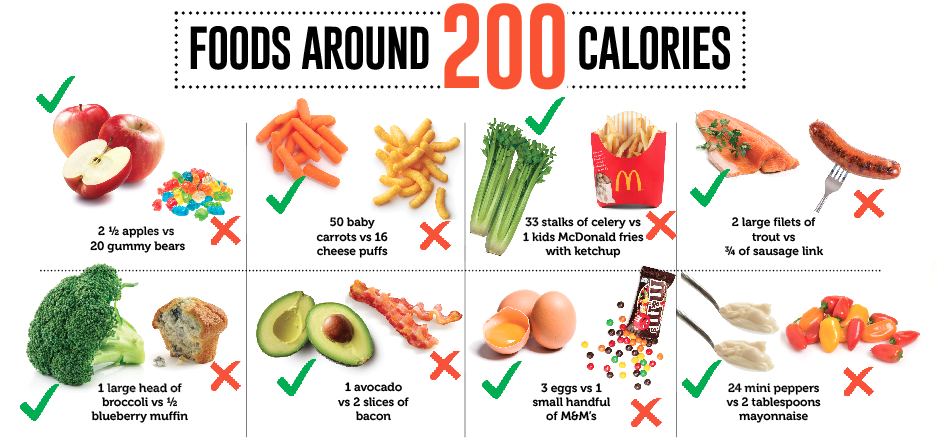By: Anja Springthorpe
Calories are often perceived as a food-currency many of us count, save, spend and worry about. In reality, a calorie is nothing more than a unit of energy a particular food provides. All foods have calories as all foods provide some form of energy.
How many calories do we need each day? That answer depends on our age, gender, height, weight, level of activity and other circumstances such as metabolic functioning, stress levels, sleep routine and potential medical conditions to name just a few. Determining calorie consumption is complex indeed.
Rather than worry about how many calories we should consume each day, we ought to shift our focus to the nutritional value of the calories we consume. This simple step can tip our diets into a more wholesome and balanced direction, which by default improves health, wellbeing and supports realistic, achievable weight goals.
Just imagine 200 calories found in sugary or fatty foods, compared to 200 calories worth of fruit and vegetables. It is not hard to see which calories provide better and varied nutrition. A calorie is a steady unit for all foods, and the nutritional quality of the foods we choose decides whether we provide our body with well-balanced nourishment.




